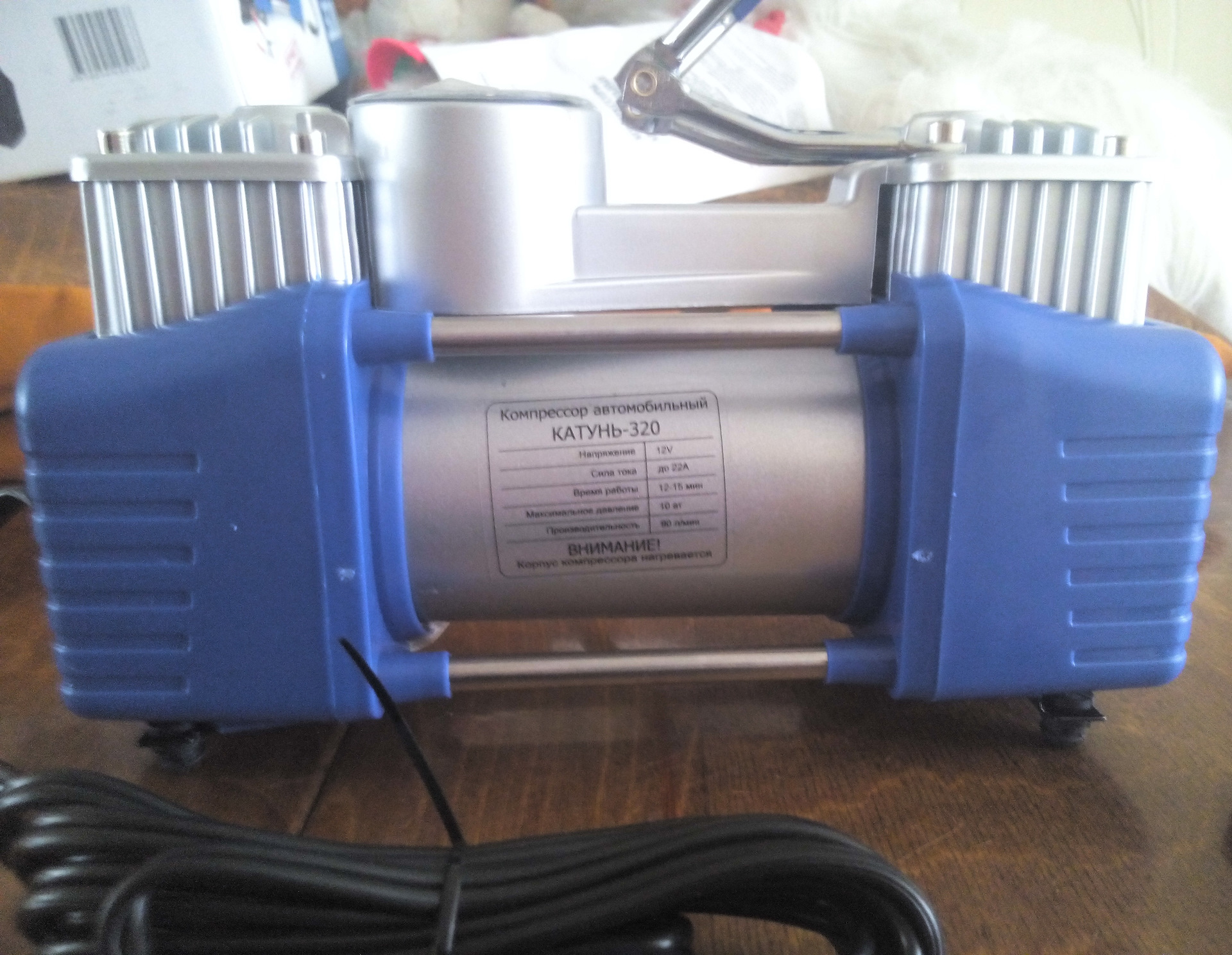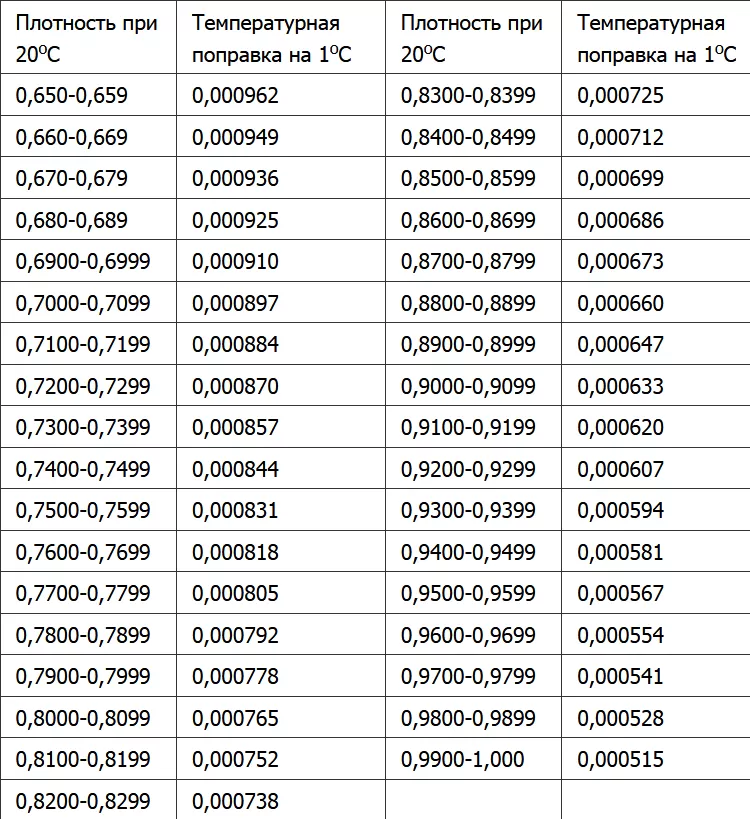
What is the density of gasoline?
Content
Gasoline density in kg/m3 (sometimes there is also an off-system designation - g / cm3) is a physical quantity by which it is possible to establish the mass amount of the active substance - a combustible hydrocarbon component - in a unit volume of fuel, kg / l. Density is an indirect measure of the quality of many liquid media.
Conditions under which the density of gasoline is determined
There is no direct relationship between the quality of gasoline (this also applies to the density of diesel fuel or the density of kerosene), since all measurements must take place at a certain temperature. The current GOST R 32513-2013 sets such a temperature at 15ºС, while the former standard - GOST 305-82 - considered this temperature to be 20ºС. Therefore, when purchasing gasoline, it is not superfluous to ask what standard the density was determined according to. The results, as with all hydrocarbons, will vary markedly. The specific gravity of gasoline is equal to the value of its density, when the latter is measured in kg / l.
Gasoline density in kg/m3 often serves as a stumbling block in the relationship between the manufacturer and the wholesale consumer of fuel. The problem is that with decreasing density, the mass of gasoline in the batch decreases, while its volume remains at the same level. The difference can reach hundreds and thousands of liters, but when buying gasoline at retail, this is not particularly critical.
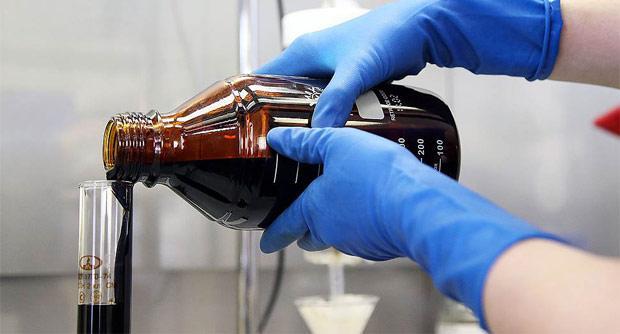

By density, you can also set the type of oil from which gasoline was produced. For heavy oils, which contain more sulfur, the density is higher, although most gasoline performance is not significantly affected by the composition of the original oil, just the appropriate distillation technology is used.
How is the density of gasoline measured?
Any gasoline is a liquid mixture of hydrocarbons obtained as a result of fractional distillation of oil. These hydrocarbons can be classified into aromatic compounds, which have rings of carbon atoms, and aliphatic compounds, which consist only of straight carbon chains. Therefore, gasoline is a class of compounds, not a specific mixture, so its composition can vary widely.
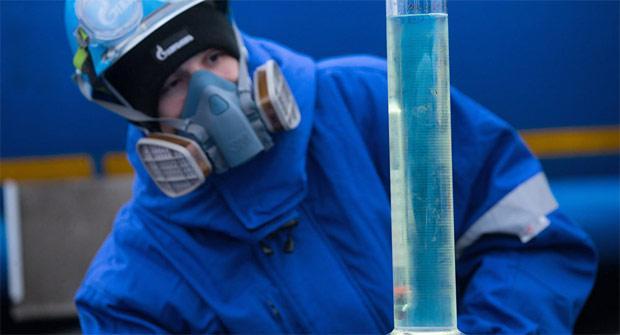

The easiest way to determine the density at home is as follows:
- Any graduated container is selected and weighed.
- The result is recorded.
- The container is filled with 100 ml of gasoline and also weighed.
- The weight of the empty container is subtracted from the weight of the filled container.
- The result is divided by the volume of gasoline that was in the tank. This will be the density of the fuel.
If you have a hydrometer, you can take the measurement in an alternative way. A hydrometer is a device that implements the Archimedes principle for measuring specific gravity. This principle states that an object floating in a liquid will displace an amount of water equal to the weight of the object. According to the indications of the hydrometer scale, the required parameter is set.
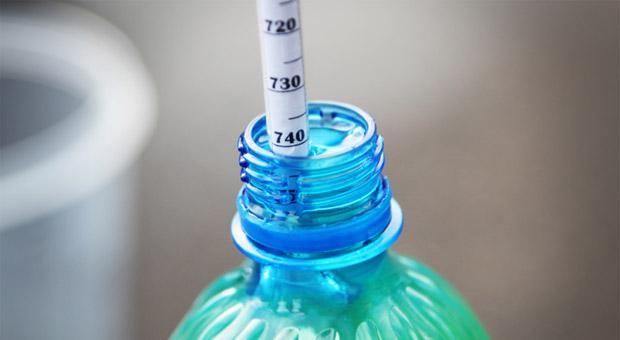

The measurement sequence is as follows:
- Fill a transparent container and carefully place the hydrometer in gasoline.
- Rotate the hydrometer to expel any air bubbles and allow the instrument to stabilize on the surface of the gasoline. It is important to remove air bubbles because they will increase the buoyancy of the hydrometer.
- Set the hydrometer so that the surface of the gasoline is at eye level.
- Write down the value of the scale corresponding to the surface level of gasoline. At the same time, the temperature at which the measurement took place is also recorded.
Usually gasoline has a density in the range of 700 ... 780 kg / m3, depending on its exact composition. Aromatic compounds are less dense than aliphatic compounds, so the measured value may indicate the relative proportion of these compounds in gasoline.
Much less often, pycnometers are used to determine the density of gasoline (see GOST 3900-85), since these devices for volatile and low-viscosity liquids do not differ in the stability of their readings.
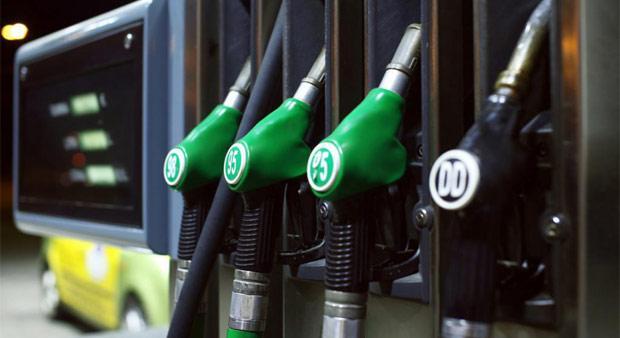

Density of gasoline AI-92
The standard establishes that the density of AI-92 unleaded gasoline should be within 760 ± 10 kg / m3. Measurements should be made at a temperature of 15ºC.
Density of gasoline AI-95
The standard value of the density of AI-95 gasoline, which was measured at a temperature of 15ºC, equal to 750±5 kg/m3.
Density of gasoline AI-100
The trademark of this gasoline - Lukoil Ecto 100 - sets the standard density indicator, kg / m3, within 725…750 (also at 15ºFROM).


Watch this video on YouTube

